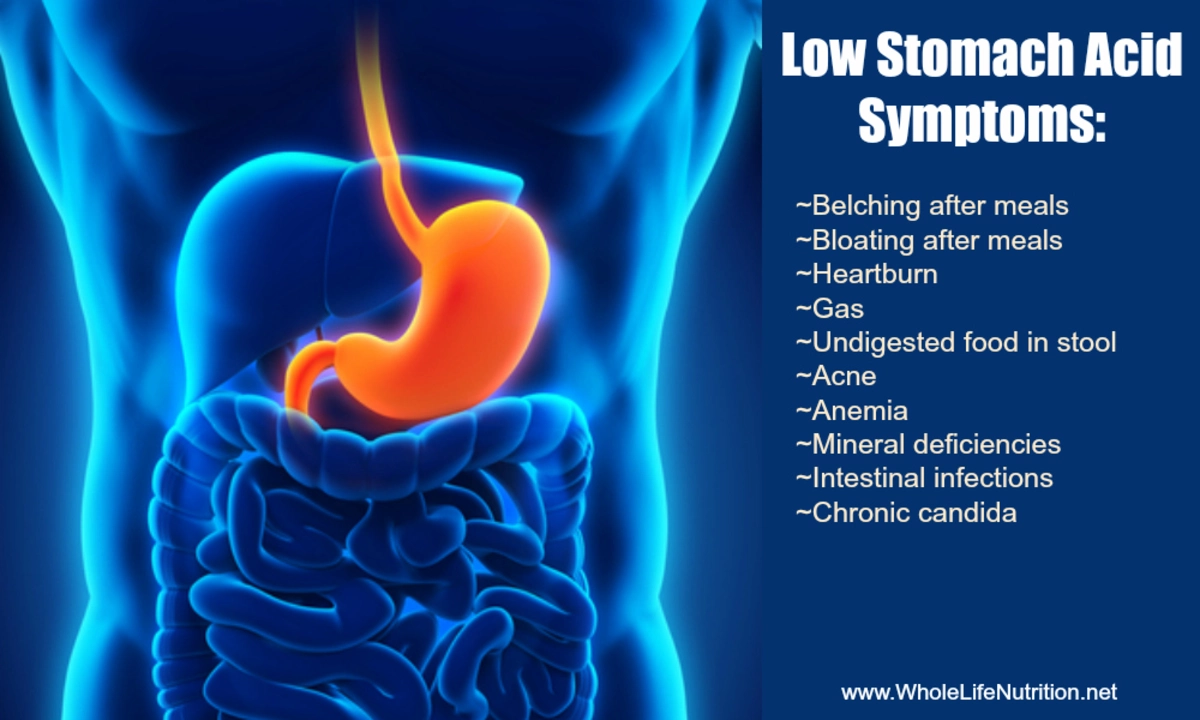Upset Stomach: Causes, Quick Relief, and What to Do
Got an upset stomach? That tight, churny feeling can ruin your day. Most cases are short-lived and fixable at home. This page gives clear causes, easy relief steps, and red flags that mean you should see a doctor.
Common triggers are simple: food gone bad, overeating, spicy or fatty meals, too much alcohol, or a sudden change in diet. Infections from viruses or bacteria show up as stomach flu or food poisoning. Some meds—like certain antibiotics, NSAIDs, or diabetes drugs—also irritate the gut. Chronic conditions like IBS, acid reflux (GERD), or stress can make symptoms come back again and again.
Symptoms to watch for include nausea, bloating, gas, burping, cramping, heartburn, diarrhea, and vomiting. If you have mild pain without fever or bloody stool, home care usually works. If you see blood, high fever, severe pain, or signs of dehydration, get medical help fast.
Quick Relief and Home Remedies
Start gentle. Sip small amounts of water or a clear electrolyte drink. Eat bland foods—bananas, rice, applesauce, toast (the BRAT approach)—until you feel steadier. Avoid dairy, caffeine, greasy food, and alcohol for a day or two.
Try ginger or peppermint. Ginger tea, ginger candies, or peppermint tea often soothe nausea. A warm compress or heating pad on the belly can calm cramps. Over-the-counter antacids (Tums, Rolaids) help heartburn. For diarrhea, loperamide can work but avoid it if you have a high fever or bloody stool. Probiotics may shorten some infections and help after antibiotics.
If a prescription med seems to be the cause, don’t stop it without talking to your doctor. Sometimes switching drugs or adjusting timing with food solves the problem. For persistent nausea, check our piece on nausea options for more ideas.
When to See a Doctor and How to Prevent Recurrences
Head to urgent care or the ER if you have severe abdominal pain, vomiting that won’t stop, signs of dehydration (very low urine, dizziness, dry mouth), bloody stool, or fever over 102°F (39°C). See your primary care doctor if symptoms last more than 48–72 hours, or keep happening over weeks.
Prevention is about habits: wash hands well, keep perishable food chilled, avoid known trigger foods, eat smaller meals, and cut back on alcohol and late-night heavy eating. If stress seems to make it worse, try small lifestyle changes—regular sleep, light exercise, and breathing breaks. Keep a food and symptom diary to spot patterns. If you take regular meds, ask your prescriber whether they could upset your stomach and whether an alternative exists.
If you want more detail on drug-related nausea or alternatives to specific meds, check our related guides on Motilium alternatives and other treatments. Keep a note of when symptoms started, what you ate, and any medicines you took—those details help your provider help you faster.
Simple steps usually fix an upset stomach. When in doubt, use the red-flag list above and call a clinician. Your gut will thank you for early action and smart prevention.

Can Certain Medications Cause an Upset Stomach? What to Watch Out For
As someone who's experienced stomach issues, I've been curious about whether certain medications could be the culprit. Turns out, various medications can indeed cause an upset stomach, which is something to watch out for. Common offenders include nonsteroidal anti-inflammatory drugs (NSAIDs), antibiotics, and even some vitamins and supplements. To minimize the risk, try taking these meds with food or talking to your doctor about potential alternatives. Remember, it's always important to listen to our bodies and take action when something doesn't feel right!
© 2026. All rights reserved.
